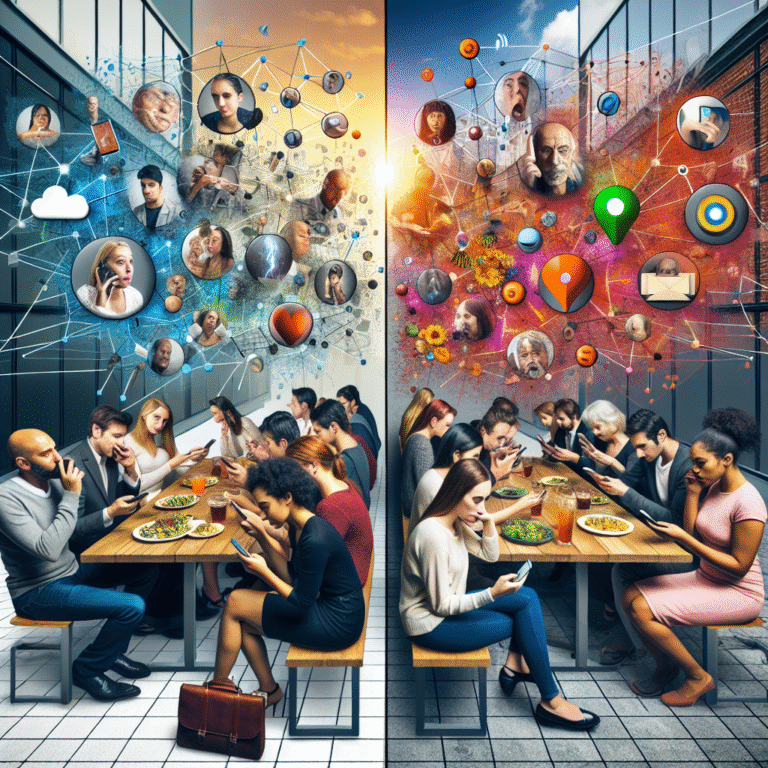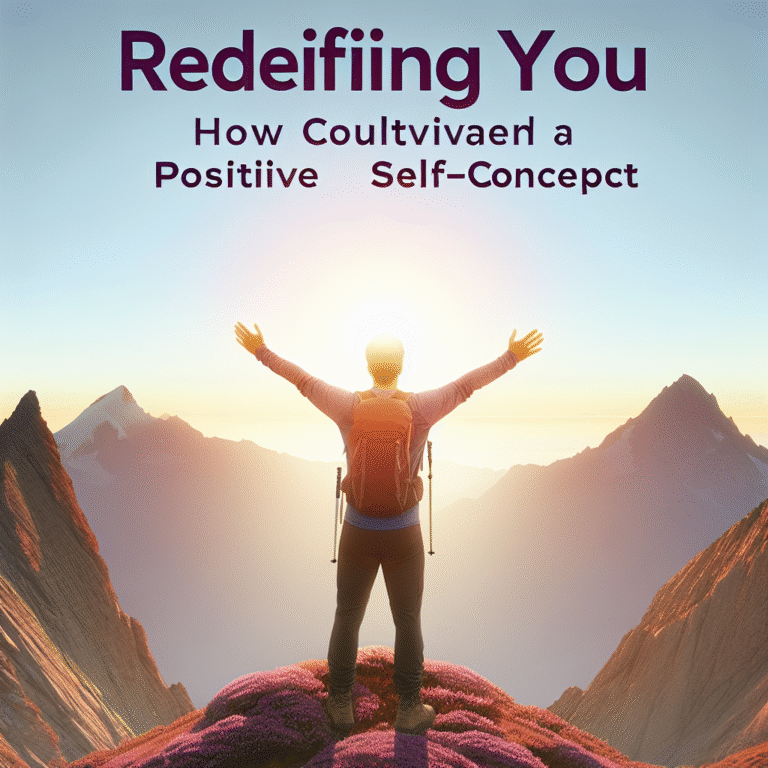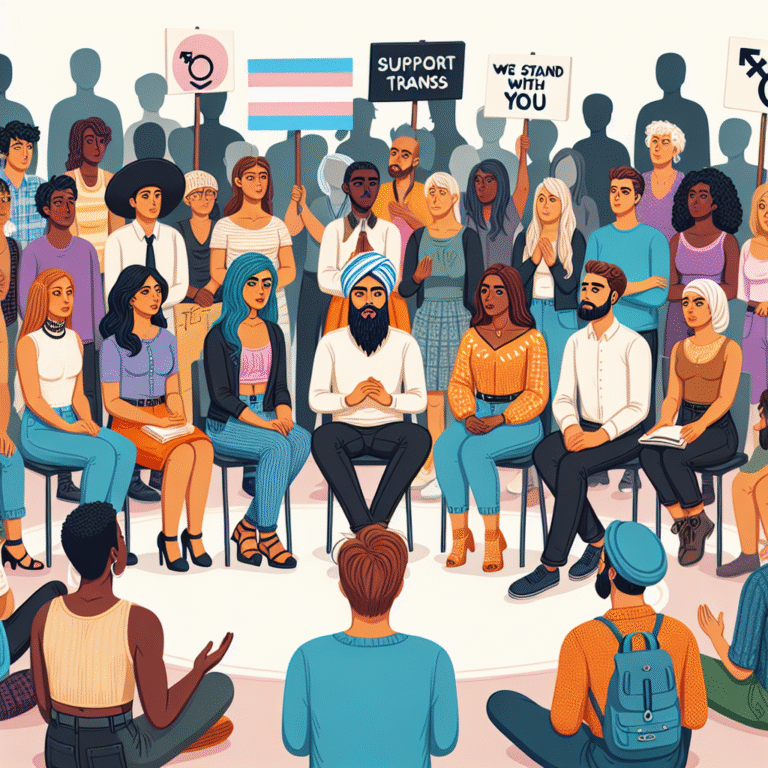
Introduction
We live in a world where choice is a privilege, yet our decisions are often guided not solely by personal desires or rational thought, but by the subtle, powerful forces of social influence. From the products we purchase to the candidates we vote for, the power of persuasion shapes our choices in profound ways. Understanding this phenomenon can not only enhance our decision-making process but also empower us to leverage these influences positively in our professional and personal lives.
In this article, we will delve deeply into The Power of Persuasion: How Social Influence Shapes Our Choices, exploring psychological principles, real-world applications, and providing actionable insights to inspire you to harness the power of persuasion effectively.
The Psychology Behind Persuasion
Understanding Social Influence
Social influence is the process through which individuals change their thoughts, feelings, or behaviors due to the real or imagined presence of others. This can manifest in various forms—conformity, compliance, and obedience—and is driven by psychological mechanisms.
Key Psychological Principles:
- Reciprocity: People feel obliged to return favors or concessions.
- Commitment and Consistency: Once someone commits to something, they are likely to stick with it to appear consistent.
- Social Proof: Individuals look to others to guide their behavior when they are unsure, following the crowd.
- Authority: We tend to comply with those who we perceive as authoritative or knowledgeable.
- Liking: People are more easily persuaded by those they like or find attractive.
The Impact of Social Media
With the rise of social media, the dynamics of persuasion have evolved radically. Platforms like Instagram, Twitter, and TikTok empower influencers who wield significant sway over their followers, often shaping their preferences and buying behaviors.
Case Study: Beauty Influencers and Cosmetic Brands
A perfect example is the beauty industry, where makeup influencers often launch products that sell out within hours. Their persuasive power lies in personal connection; audiences see real-life applications of products through tutorials and testimonials, reinforcing the social proof principle.
The Role of Group Dynamics
Human beings are inherently social creatures; we tend to seek acceptance and approval from our peers. This group mentality can significantly influence our decisions, whether in a professional setting or personal interactions.
Case Study: The Asch Conformity Experiments
Conducted in the 1950s, Solomon Asch’s experiments demonstrated how individuals were willing to conform to incorrect group answers in a simple line-length task, highlighting the influence of group dynamics on perception and decision-making.
| Experiment Group | Correct Answer | Group Response | Percentage of Conformity |
|---|---|---|---|
| Control Group | 100% | N/A | N/A |
| With a conforming group | 75% | Incorrect | 37% |
This illustrates The Power of Persuasion: How Social Influence Shapes Our Choices within group contexts, where conformity often alters personal judgment.
The Business of Persuasion
Marketing and Advertising Strategies
Businesses routinely harness the art of persuasion to drive sales and enhance customer loyalty. Understanding consumer psychology enables marketers to create campaigns that resonate deeply with potential buyers.
Case Study: Coca-Cola’s “Share a Coke” Campaign
In a brilliant marketing maneuver, Coca-Cola replaced its iconic logo with popular names on its products. This tactic personalized the consumer experience and evoked a sense of ownership. The campaign saw a 2% increase in U.S. sales, highlighting how social influence—through personal connection and sharing—can shape our purchasing choices.
Ethical Considerations in Persuasion
While the techniques highlighted can be effective, they can also be misused. Ethical persuasion in business ensures honesty and transparency, maintaining consumer trust.
Case Study: The Cambridge Analytica Scandal
The misuse of psychological data to influence political outcomes revealed the darker side of persuasion. The case illustrates how social influence can be weaponized, prompting discussions about ethical standards in marketing and data use.
Harnessing the Power of Persuasion in Personal Life
Building Better Relationships
Applying principles of persuasion can enhance personal interactions and relationships. By understanding how to communicate effectively and empathetically, individuals can foster stronger connections.
Actionable Insights:
- Listen Actively: Acknowledge others’ feelings and perspectives.
- Use the Principle of Liking: Find common ground to increase rapport.
Enhancing Decision-Making
By being aware of social influences, individuals can better navigate choices while minimizing bias.
Steps to More Conscious Decision-Making:
- Identify biases stemming from social influence.
- Question group opinions.
- Seek diverse perspectives.
Encouraging Positive Changes
Persuasion isn’t solely about changing others; it can also be used to motivate personal growth and community improvement.
Case Study: Health Campaigns
Public health campaigns often employ persuasive techniques, such as social proof and authority, to encourage healthier lifestyles. The "Click It or Ticket" initiative significantly increased seatbelt usage, showcasing The Power of Persuasion: How Social Influence Shapes Our Choices in promoting public safety.
Conclusion
The Power of Persuasion: How Social Influence Shapes Our Choices is a double-edged sword. It has the potential to enhance our lives and relationships, but it can also lead to manipulation if wielded unethically. By understanding the psychological principles behind persuasion, we can harness this power for good—encouraging positive choices in ourselves and others.
As we navigate this world, equipped with the knowledge of how social influences shape our decisions, let us use this wisdom to promote ethical standards of influence, cultivate meaningful connections, and inspire change.
FAQs
1. What is social influence?
Social influence refers to how individuals change their thoughts, feelings, or behaviors based on real or perceived social pressures from others.
2. How does social media affect our choices?
Social media serves as a platform for social proof and influence, where trends can quickly sway opinions and behaviors, shaping purchasing decisions and lifestyle choices.
3. Can persuasion be unethical?
Yes, persuasion can be unethical when it manipulates or deceives individuals into making decisions that are not in their best interest, such as exploiting fears or misinformation.
4. How can I improve my persuasive skills?
To improve your persuasion skills, focus on building rapport, actively listening, and utilizing psychological principles like reciprocity and social proof in your interactions.
5. What are some examples of positive persuasion?
Examples include health campaigns that promote vaccination, initiatives that encourage recycling, or motivational talks that inspire personal growth.
By understanding The Power of Persuasion: How Social Influence Shapes Our Choices, we empower ourselves and others, creating a more thoughtful and informed society.

















